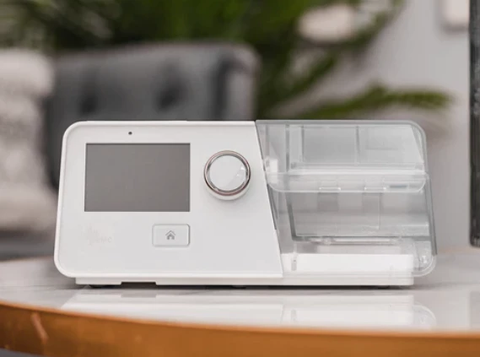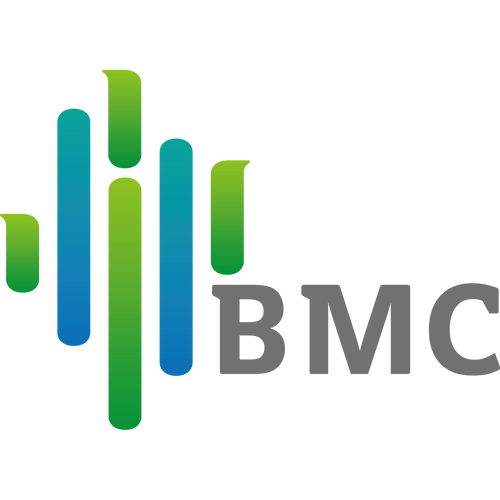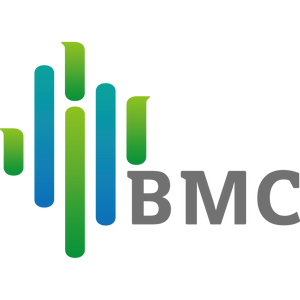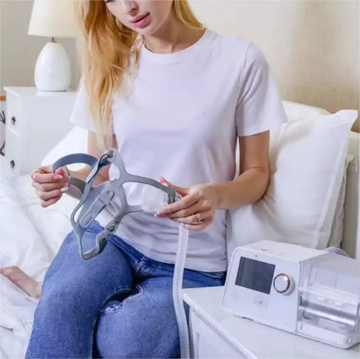New research from the Centers for Disease Control and Prevention (CDC) recommends avoiding the use of tap water in home medical devices like humidifiers and continuous positive airway pressure (CPAP) machines. The CDC classifies tap water as "unsterile water" which can contain various pathogens that cause waterborne illnesses when inhaled.
According to the CDC, many Americans are not aware of the risks associated with using tap water in their home medical devices. The organization hopes that their research will encourage healthcare providers to educate patients about the importance of using sterilized water in these devices.
Using CPAP machines or humidifiers that have access to sensitive body organs such as the nasal passage, trachea, and lungs can expose individuals to aerosolized contaminants, which may lead to infections.

Many Americans use non-sterile water in their medical devices.
A recent survey conducted by the CDC in August 2021 found that millions of Americans are using unsterile water in their medical devices. The survey revealed that approximately one-third of participants, particularly those who were male, lived in urban areas, or identified as Black, were unaware that tap water contains bacteria and other pathogens.
The survey also found that nearly half of the participants believed that tap water was safe for use in rinsing sinuses, cleaning contact lenses, and in respiratory devices. Furthermore, about 25% of the participants admitted to using tap water in their humidifiers and CPAP machines.
The CDC hopes that the results of this survey will encourage people to sterilize tap water before using it in their home medical devices to avoid the risks associated with unsterile water.
Why is tap water in medical devices harmful?
Tap water in medical devices can be harmful due to the presence of various pathogens, including Pseudomonas aeruginosa, Legionella spp., Acanthamoeba spp., and Naegleria fowleri. Pathogens in unsterile water can cause infections through inhalation, which is a common route of transmission for water-related diseases.
While our gastrointestinal tracts are not sterile, our lungs lack strong immune defenses, making them susceptible to infections caused by inhaled pathogens. CPAP machines, for example, aerosolize water, allowing it to penetrate the respiratory system and increasing the risk of infection.
Symptoms of waterborne infections can be similar to those associated with pneumonia, including cough, chest pain, and shortness of breath. The risk of infection depends on the individual's health status, with older adults, infants, young children, and people with weakened immune systems or chronic conditions being the most vulnerable.
The minerals in tap water can be healthy for our bodies, but it is important to avoid using unsterile water in medical devices. The CDC's report highlights that biofilm-associated pathogens, like Pseudomonas and Legionella spp., contribute significantly to hospitalizations and deaths from waterborne diseases.
What are the ways to clean tap water for medical use?
Using clean and sterilized water is essential when it comes to home medical devices. If you don't have access to distilled water, the CDC recommends boiling tap water for at least five minutes, then letting it cool before using it for medical purposes. However, it's important to consider your personal risk factors and environment when deciding on the type of water to use in your medical devices.
For instance, in some countries, bottled water may not be sterile enough to use in a CPAP machine. Moreover, patients with serious diseases may not be able to pause using their devices, even if sterile water is not available. In contrast, a patient with obstructive sleep apnea may be able to tolerate a few nights without using their CPAP machine if distilled water is not available.
To prevent the growth and multiplication of pathogens in home medical devices, the CDC recommends regularly cleaning and disinfecting them. It's also crucial to properly clean plastic pipes and inner surfaces of humidifiers to prevent bacterial growth or bacterial toxins from adhering to the surfaces.
The benefits of using sterilized water in CPAP
Using sterilized water in Continuous Positive Airway Pressure (CPAP) machines has several benefits, including:
- Reduced Risk of Infection: Sterilized water is free of harmful bacteria and other microorganisms that can cause infections. By using sterilized water in your CPAP machine, you can reduce the risk of developing respiratory infections or other illnesses caused by bacteria.
- Increased Longevity of Your CPAP Machine: The use of regular tap water in your CPAP machine can lead to the buildup of mineral deposits and other contaminants. This buildup can cause damage to your machine, resulting in decreased longevity and potentially costly repairs. By using sterilized water, you can prevent mineral buildup and prolong the life of your CPAP machine.
- Improved Sleep Quality: The use of sterilized water in your CPAP machine can also improve the quality of your sleep. Regular tap water may contain minerals or other particles that can irritate your airways, leading to coughing, sneezing, or other discomfort. Sterilized water can help to ensure that your CPAP machine is delivering clean, fresh air throughout the night, improving your sleep quality and overall health.
- Easier Cleaning and Maintenance: Cleaning your CPAP machine regularly is essential to prevent the buildup of harmful bacteria and other contaminants. Sterilized water can make cleaning and maintenance easier, as it does not leave mineral deposits or other residue that can be difficult to remove.
Conclusion


